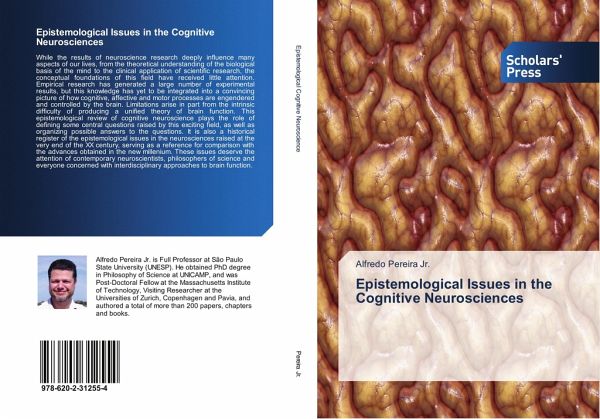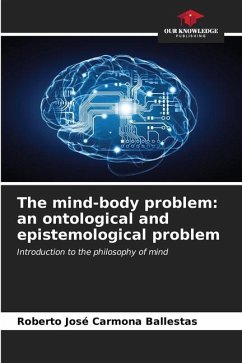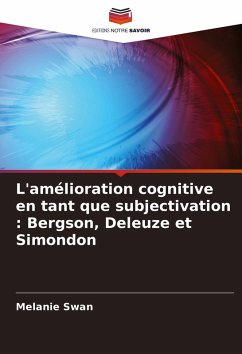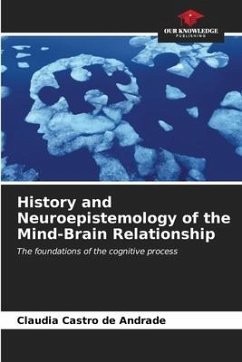
Epistemological Issues in the Cognitive Neurosciences
Versandkostenfrei!
Versandfertig in 6-10 Tagen
66,99 €
inkl. MwSt.

PAYBACK Punkte
33 °P sammeln!
While the results of neuroscience research deeply influence many aspects of our lives, from the theoretical understanding of the biological basis of the mind to the clinical application of scientific research, the conceptual foundations of this field have received little attention. Empirical research has generated a large number of experimental results, but this knowledge has yet to be integrated into a convincing picture of how cognitive, affective and motor processes are engendered and controlled by the brain. Limitations arise in part from the intrinsic difficulty of producing a unified the...
While the results of neuroscience research deeply influence many aspects of our lives, from the theoretical understanding of the biological basis of the mind to the clinical application of scientific research, the conceptual foundations of this field have received little attention. Empirical research has generated a large number of experimental results, but this knowledge has yet to be integrated into a convincing picture of how cognitive, affective and motor processes are engendered and controlled by the brain. Limitations arise in part from the intrinsic difficulty of producing a unified theory of brain function. This epistemological review of cognitive neuroscience plays the role of defining some central questions raised by this exciting field, as well as organizing possible answers to the questions. It is also a historical register of the epistemological issues in the neurosciences raised at the very end of the XX century, serving as a reference for comparison with the advances obtained in the new millenium. These issues deserve the attention of contemporary neuroscientists, philosophers of science and everyone concerned with interdisciplinary approaches to brain function.












